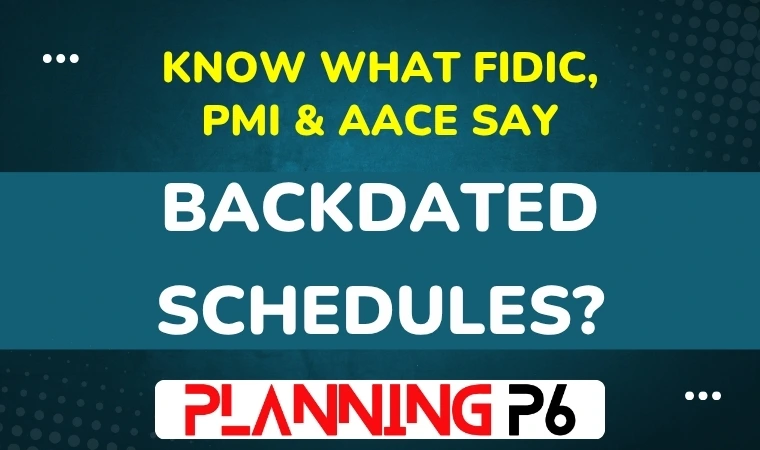
DESCRIPTION
In project environments governed by international best practices, a contractor’s refusal to submit a baseline schedule updated to reflect 14 months of actual progress is a serious concern. From a contract management and project controls perspective, this approach undermines effective oversight and jeopardizes transparency.
FIDIC Clause 8.3: Obligation to Submit a Timely Programme
Standard contract conditions such as those found in FIDIC Sub-Clause 8.3 require the contractor to prepare and submit a detailed work programme within 28 days of the commencement date. This programme must clearly illustrate the intended sequence and timing of the work, while aligning with the contractual Completion Date. The programme serves as a foundational tool for:
- Monitoring progress,
- Forecasting project completion,
- Supporting delay and time impact analyses.
Validity of Engineer’s Instruction
PMI and AACE Guidelines on Schedule Integrity
- Accurate, contemporaneous data,
- Updated logic and progress,
- Real-time tracking of critical path shifts.
Risks of Not Having an Approved Baseline
- Determine the impact of delay events,
- Justify or validate EOT claims,
- Allocate responsibility or assess liquidated damages.
Recommended Course of Action
- The contractor should be directed to submit a revised baseline schedule with the current data date.
- This schedule should incorporate actual progress to date and show a viable plan to complete the remaining works without extending the original Completion Date.
- A narrative should be provided to explain:
- Delay events,
- Schedule revisions,
- Mitigation or recovery measures.
Conclusion
Submitting a backdated, non-updated baseline after 14 months is non-compliant with FIDIC Sub-Clause 8.3, fails to meet PMI’s schedule management standards, and does not align with AACE RP 29R-03 practices. For accurate project control, transparency, and fair claim evaluation, the contractor must be required to submit an updated, data-driven baseline programme. This ensures both contractual and technical compliance while protecting the interests of all project stakeholders.
ADDITIONAL RESOURCES
For a comprehensive understanding, we recommend exploring our dedicated tutorials on Primavera P6 relationships. These tutorials are accessible through our Planning P6 Tutorials Dictionary (REV-003). Simply search for keywords like “relationship” or “Primavera P6 integration” to access relevant content.






